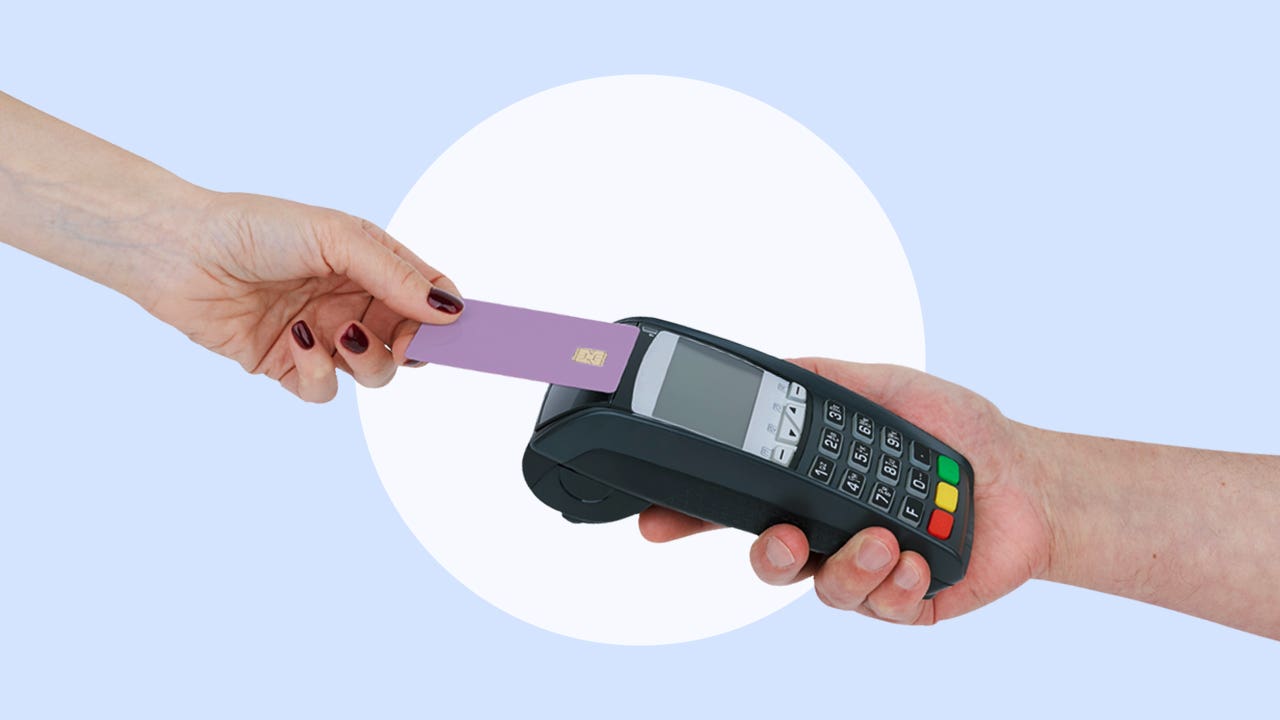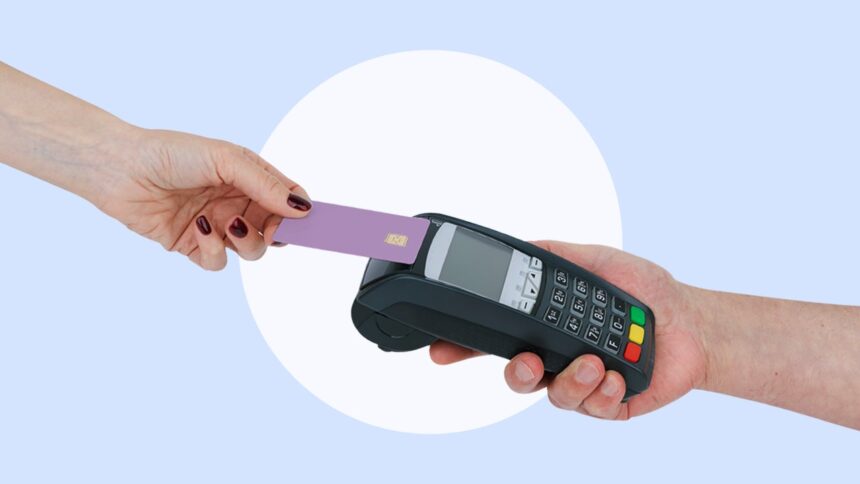
Images by GetTyimages. Illustrations by bankrate
You’re probably familiar with credit card holder fees, but that’s just one of the main sources of revenue for credit card companies. It also generates income from two other major sources. Credit card interest and transaction processing fees.
Credit card companies use a variety of strategies to generate revenue. Credit card activities contribute to the issuer’s income, regardless of whether they have a balance or not. Understanding how credit card companies make money can help you minimize fees and interest payments through responsible card usage.
What is the role of credit card issuers and networks?
Credit card issuers like Chase and Citibank are lenders. When you buy something with a credit card, you sometimes borrow money from the lender with interest, hoping to pay it back. At the time of sale, the card issuer is obligated to pay the merchant and then repay the issuer. If you do not repay the fee, the merchant will continue to receive the fee and the card issuer will be responsible.
Another major player is the credit card network. They manage the process between the merchant and the card issuer. The four major credit card networks are Visa, MasterCard, American Express and Discover, with American Express and Discover acting as both the network and the issuer.
There are several details to unfold when swiping a card, but simply put, money must be moved from the issuer to the merchant’s bank. This is a process managed by the network. The network checks with the issuer to ensure that the funds are available and the card is active before approving the transaction. All of this occurs in seconds at the point of sale, and yes, commissions are involved in the process.
How do credit card companies generate income?
Credit card companies make up the majority of the money from interest paid by companies accepting credit cards, cardholder fees and transaction fees.
How can a cardholder minimize fees and interest payments?
As a cardholder, there are several steps you can take to minimize the fees and interest you pay. It all starts with understanding how credit cards work and making wise decisions.
If you are charged, what should you do?
If you are charged avoidable fees, such as late payment fees, please contact the credit card issuer. They may be willing to abandon the fee, especially if you are a good customer who normally pays your bills on time. It’s not painful to ask mistakes happen.
Otherwise, take steps to prevent the fee from being worn again. That means setting up a reminder for due dates or automatic payments, rethinking your budget, or reducing your spending to avoid interest charges.
Conclusion
As a cardholder, you will help the credit card issuer make money whether you are responsible for your card, whether you are responsible for your card, or you are responsible for your card, and you will never pay interest or avoidable fees. Annual fees you may pay will contribute to the credit card issuer’s revenue as they will be incurred every time you use your card, along with the interchange fees that occur whenever you use your card.
Credit card usage comes with a cost of privilege and convenience. Understanding these costs and using your card responsibly is key to earning valuable rewards while avoiding unnecessary fees.










